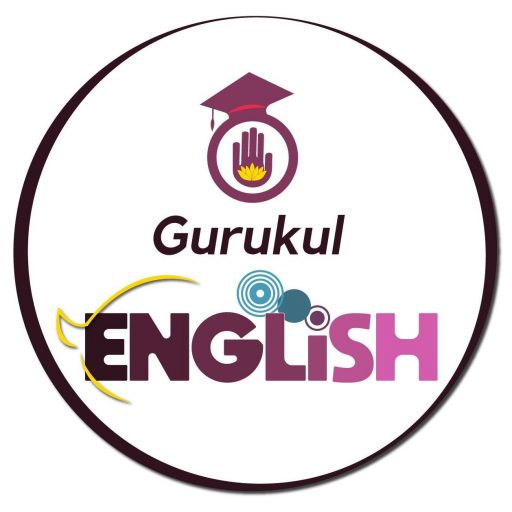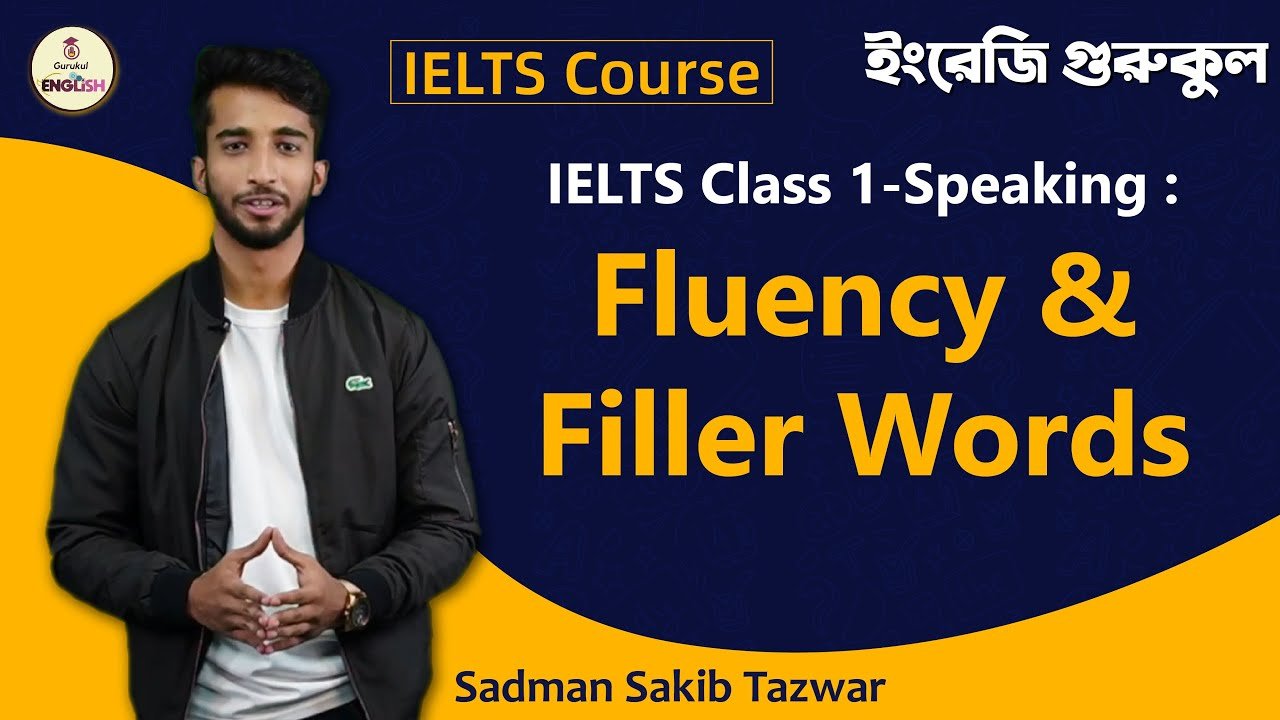Fluency and Filler Words This is the 1st class of our “IELTS Course”. Our “IELTS course” will help you in your IELTS preparation. Prepare for the IELTS exam online at your own pace, Our “IELTS courses” will help you get the score you need. This class has been made to help you in your IELTS examination.
Fluency and Filler Words
When you start your language journey, it’s natural to use filler words a lot because you don’t know much. Stuttering and making pauses is part and parcel of learning a language. But should you be worried when you still use ‘ohms’ and ‘ahs’ after years of studying? Absolutely not! ‘Pausing, ‘thinking out loud’ and general disfluency (‘messy’ speech) are natural features of communicating through speech, and there is nothing wrong with them at all’, as Dr. Robbie Love put it.

And the evidence supports it! One piece of research explored the correlation between the way telephone interviewers speak and the reaction of surveyees. It turned out that the ‘interviewers are most successful when they are neither perfectly fluent nor highly disfluent.’
According to another study, phrases such as I mean or you know, are used more by conscientious speakers who want to make sure they’re on the same page with their conversation partners. Filler words simply make our speech more natural and understandable. Scott Fraundorf and Duane Watson concluded in their article that using fillers can improve the comprehension of your listeners.
Pausing, ‘thinking out loud’ and general disfluency (‘messy’ speech) are natural features of communicating through speech, and there is nothing wrong with them at all – dr Robbie Love
When should you avoid filler words?
Formal speech is a different kettle of fish. Official situations often require a higher degree of politeness and precision. Sloppiness is not welcome there. Deborah Riegel, a communication skills coach and instructor with over 30 years of experience, states that ‘using filler words in a professional environment reduces your credibility as a speaker’.

It can undermine your meticulously designed presentation. It can waste time spent on preparing for the meeting. In a formal setting just try to avoid them altogether. As Noah Zadan rightfully put it, they can make you seem more nervous and distracted. To collect your thoughts, make pauses instead!
While using filler words is frowned upon in formal settings, you can freely use them in casual conversations. Just make sure to pick the right ones. People use different filler words depending on language (or even accent). You can master all the intricacies of grammar, become a walking dictionary, and speak with a perfect accent – but using the wrong fillers will give you away!

Details about Fluency and Filler Words – English Grammar :
